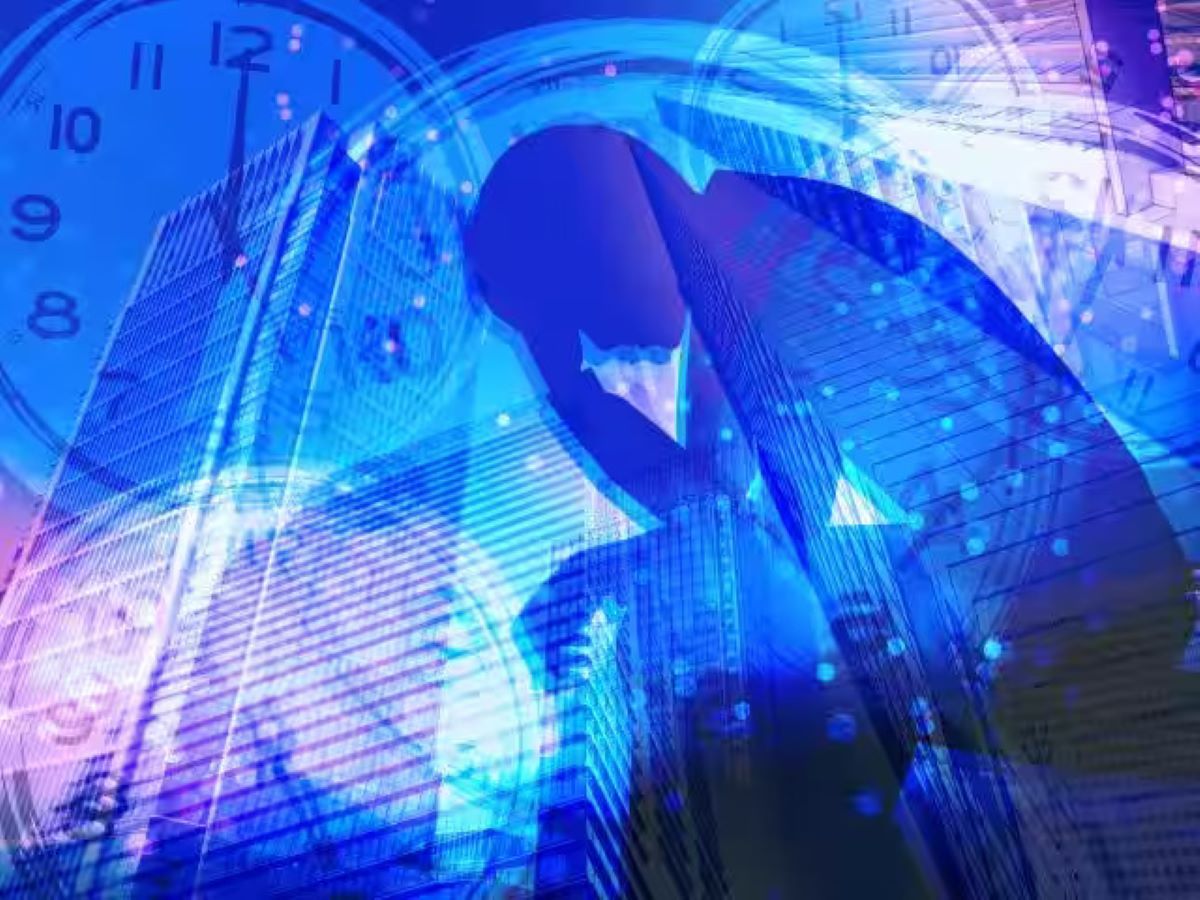AI Breakthrough for Depression: Japan Approves New Brain Scan Device
鬱病などの精神疾患を、人工知能(AI)で脳の画像から客観的に見分ける医療機器が国の薬事承認を取得。効果的な治療法を見分ける技術も開発したそうです。数年のうちにその実用化、そして公的医療保険の適用も目指しているとのこと。働き盛りの患者も多いといわれますが、あなたの周囲では、メンタルヘルスの問題はどのように捉えられていますか?また、あなたはAIによってメンタルヘルスが評価されることについて、どのように考えますか?

1.Article
Directions: Read the following article aloud.
※本ページは出典ニュース記事を要約した英文です。
To develop the system, the team collected resting-state brain activity data from around 700 individuals, including both patients diagnosed with depression and healthy participants. Based on this data, they trained an AI model to identify distinctive patterns of brain activity associated with depression. The system is reportedly capable of detecting depression with approximately 70% accuracy.
From Imaging to Diagnosis
For diagnosis, the device uses magnetic resonance imaging (MRI), a technology widely available in Japan. It records brain activity over a period of about ten minutes. AI then analyzes the imaging data, and doctors use the results to support their clinical assessments.Until now, depression has primarily been diagnosed through patient interviews, with doctors relying on self-reported symptoms. However, many patients see non-specialist physicians, which can lead to inaccurate or delayed diagnoses.
The newly developed device is being introduced under a two-step approval system. Once safety and other basic criteria are met, the device can be used in clinical settings while further evidence of its effectiveness is gathered. This recent approval represents the first step. The team plans to apply for the second-stage approval as early as spring 2026, with the goal of obtaining coverage under Japan's public health insurance system by fiscal year 2027.
Expanding the Scope of AI-Based Psychiatry
In addition to diagnosing depression, the research team has developed technology to differentiate between subtypes of the disorder using brain imaging. These subtypes often require different forms of treatment, making accurate classification essential. The team aims to bring this technology into practical use within the next three years."We're seeing many cases among people in their prime working years," said ATR's lead researcher, Yuki Sakai. "This technology could also have a positive impact on the healthcare economy."
The team is also working to expand the scope of their research beyond depression. They are developing AI tools to quantify and detect other mental health conditions, such as schizophrenia and autism spectrum disorder. Ultimately, they hope to create a system capable of identifying multiple psychiatric disorders from a single brain scan.
本教材は、一般社団法人ジャパンフォワード推進機構、株式会社産経デジタルより許諾を得て、産経ヒューマンラーニング株式会社が編集しています。
テキストの無断転載・無断使用を固く禁じます 。
